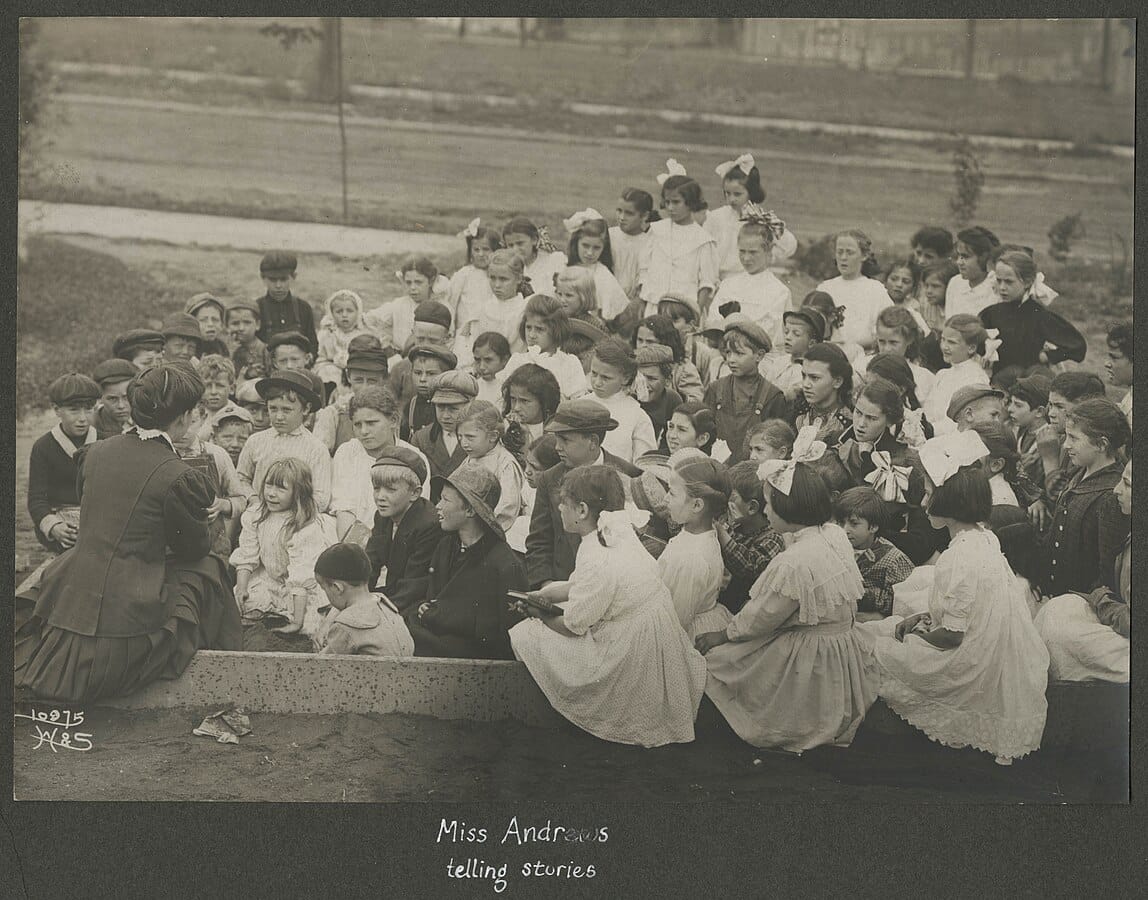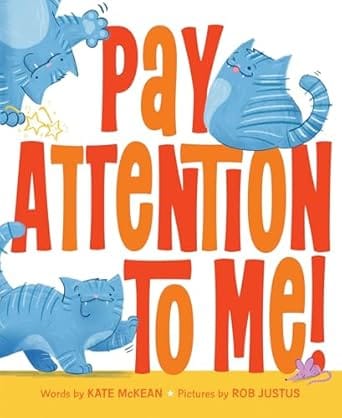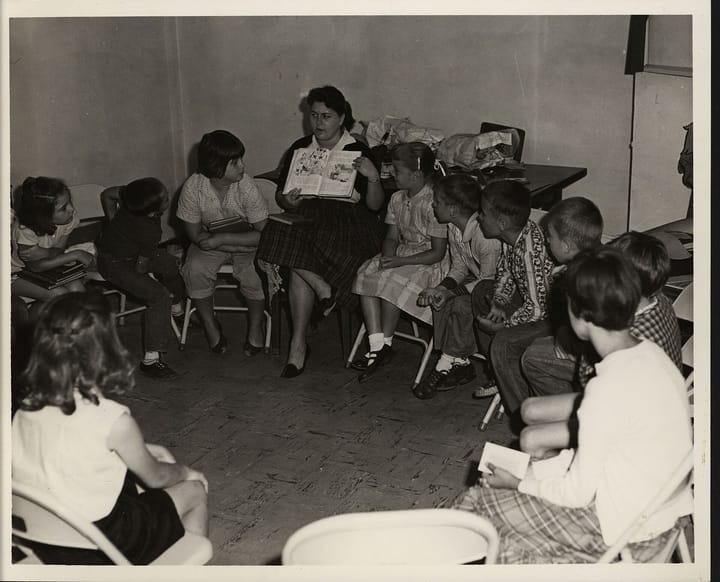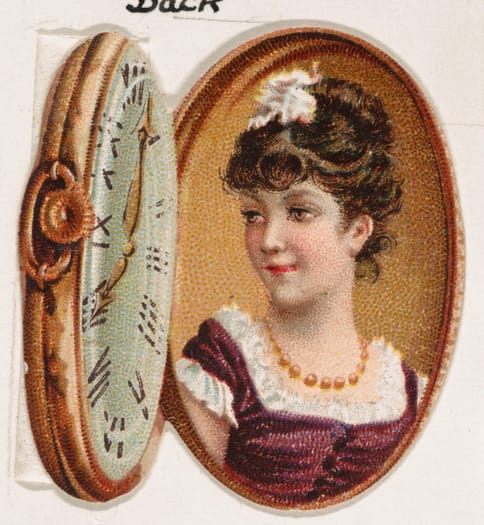Tell Me Your Story and I'll Tell You Mine

Hi Friends,
I haven't fully figured out Threads yet, but there is a robust community of writers there, and a lot of conversations about books, writing, publishing, and more. That means a lot of ~~~~discourse~~~~ of varying degrees of helpfulness and harm. From whatever version of Threads I seem to be tapped (sewn?) into, there's a lot of chatter about, between, and around traditional publishing and self publishing. This is good. This post is not about trad vs indie publishing.
What it is about is gatekeeping. Someone somewhere on Threads said that published authors were "gatekeeping" how they got published by not telling their publication stories, in detail, so that others can learn from? replicate? dissect? it and get closer to their own publishing goals. The commentator (and/or the other voices in this discussion, I've lost track now) mentioned that they understood that there's no one way to get published but seeing examples of all the different ways would really help.
This is true. Case studies do help. It's a fact. But what do they help, exactly? Do they help other authors get published? Do they allay fears and anxiety? Do they create community and promote transparency? Do they stoke jealousy and anger? I don't know. So, let's find out!
I've created a form wherein you can tell me your publishing story, and I'll then analyze, dissect, interpret that information and share it here. (Will I make the dataset public? I don't know. That's just now occurring to me. I'll see how it goes and talk to participants.) When you fill out the form, you control what you share, how you're identified, and if I can reference your answers in my eventual post about this subject. I'm not a social scientist or research expert, but we've got to start somewhere, right? If you want to check it out and potentially share your story, you can do so ⬇. The more people who answer, the better data we'll get. I'll give you notice before I start analyzing responses and take down the form, and whatever I write about this will be free for all to read.
I've heard from writers for years, especially after I started this newsletter, that they wish they had more real life stories, real life query letters, real numbers and advances and money and sales. I get it. I want those things, too, tbh. I want to know how other agents sell certain books and how well things in one category are selling vs another. Publishing is not known for its robust data collecting, but from my position on the inside, I can email an agent and take them to lunch or look things up on Bookscan. I can get (close to) whatever information I want. You, gentle reader, cannot.
So why don't I include more real query letters and such in this newsletter? More how this book got published features and interviews? More posts with real dollar amounts and sales figures? And why didn't I do that in my book? For a couple of reasons.
- That information is an author's personal business. Of course I wouldn't share anything without permission, but query letters and submission lists are not written for public consumption and it's natural to shy away from sharing that with the world, opening yourself up to criticism, showing mistakes you now better than to make. In fact, there is a real, live query letter in my book–my own! You can find it in Chapter Five: Life Before and After Query Letters.
- Revealing financial terms might help you but hurt the author. For one thing, some contracts prohibit authors from sharing the financial terms of their agreements (though person to person sharing with friends or advisors is allowed or overlooked). A writer might not be able to tell you what they got paid for their last deal. It also might hurt them in the long run. If an author discloses what they got paid for their first book, other bidders on their subsequent projects might factor that in, if discovered. Editors do not go trawling Threads for insider info on the competition's advance levels, but once the information is out of the bottle, it can't be put back in. This is a tricky issue, because in other employment scenarios, workers benefit from sharing rates and salaries. Maybe sharing advances can help other authors advocate for more money more effectively, if they know what others are getting. Book advances are not salary bands. It's not like all debut mysteries at Random House get a starting offer of $12,500. One author could get that and another could get $125,000 and both could be normal and reasonable offers for the different books. (Note I didn't say fair or equitable. I wish it were more fair and equitable.)
- Sourcing this data takes a lot of time. Outside of this form I made, it takes a lot of time to set up interviews, conduct them, edit them (print or audio, and I don't know how to do the latter) and do the actual analysis of the actual material. I'm not quite set up here to do that legwork. Though we'll see how things go once I get responses from the form. Maybe that kind of information will serve you better than more posts on what I think about that thing in publishing.
- It's very possible that having this information won't help you as much as you think. Let's look at a similar scenario. Say you're out there dating and looking for a partner, but you're frustrated by the apps. So you ask others how they met their partners. One friend took salsa dancing lessons. One met theirs at a professional conference. One picked up someone at a bar. One was introduced by mutual friends. Those are all great ways to meet people! Will any of them guarantee you'll meet your partner? Are any of the lessons you can learn from them radically different than the advice you've already received? (Get out there, do fun stuff, ask friends, be open.) No. I anticipate that the broader takeaways from any data I collect will boil down to the same advice I give always (keep trying, write for yourself, have patience) but honestly, maybe I will be surprised! Or maybe hearing that same thing again, knowing it came from a real person, is just the nudge a writer out there needs to keep trying, to writer for themselves, to have patience. That would be a net benefit. I hope that happens and I hope to be surprised.
So, please fill out the form if you would like to share your query and/or publishing journey. You do not have to have ended up with an agent or a book deal to participate. Your project could still be out there on submission with agents or editors–that counts, too. I'm focusing here on the pursuit of traditional publishing because that's what this newsletter is all about. Another writer is likely better suited to tackle this for self-publishing. Tell a friend! Send them the link! Let's get as much data as we can.
OXOXOXOX,
Kate




Comments ()